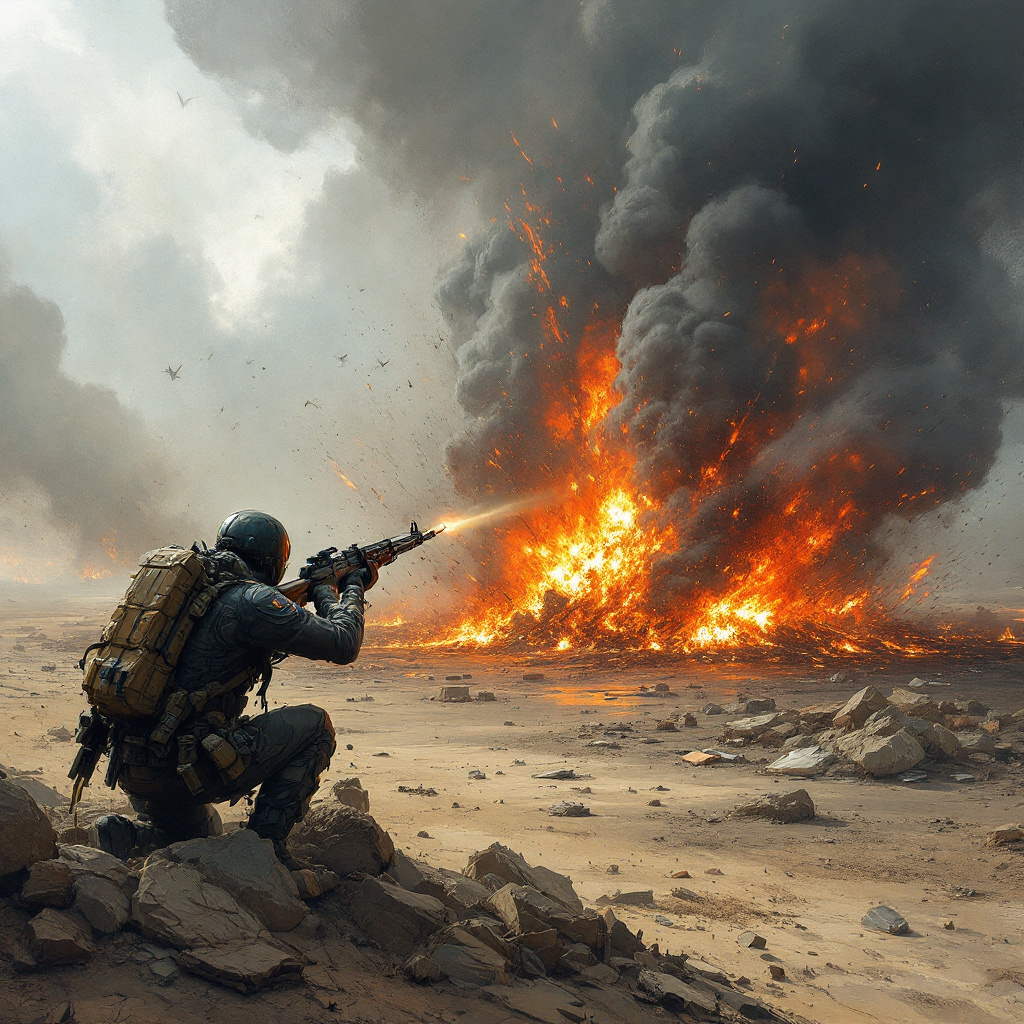A Dire Situation in Gaza
The Gaza Strip is no stranger to conflict, but the recent Israeli strikes on Nasser Hospital have marked a devastating escalation in violence. In a tragic event on August 25, 2025, Israeli forces executed two airstrikes on one of the only functioning hospitals in Gaza, resulting in the deaths of 22 individuals, among them five journalists. This incident has not only heightened tensions in the region but has also invoked global condemnation and regret from the Israeli government itself.
Details of the Attack
The first strike hit around 10 a.m. when Hussam al-Masri, a journalist and cameraman for Reuters, was broadcasting live from the hospital’s fourth-floor stairwell, focused on nearby Israeli military activities. The moment was tragic and telling; as he captured the scene, a second missile struck within minutes, claiming his life and the lives of others who were merely covering the unfolding events.
This kind of targeting poses serious ethical and humanitarian questions about the conduct of military operations in conflict zones, especially ones acknowledged as safe havens like hospitals. The juxtaposition of rescuers rushing in after a first strike and the subsequent strike highlights the precarious nature of reporting in war zones, where the lines between safety and danger blur alarmingly.
The Human Cost of Conflict
Among those killed was Mariam Dagga, a freelance photographer for The Associated Press who had covered the dire humanitarian situation in Gaza extensively. Dagga, who had sent haunting images of malnourished children prior to her death, was a poignant voice in documenting the human cost of the conflict. Her tragic end underscores the severe dangers journalists face in pursuing truth in war-torn areas.
Reports indicate that in the last 22 months, Israeli assaults have claimed the lives of 245 journalists, a staggering figure that points to the increasing risks associated with reporting in conflict zones—often resulting from targeted attacks or reckless military operations.
Global Reactions and Journalistic Integrity
The international media community reacted swiftly to the attacks. Organizations like the Committee to Protect Journalists condemned the incident, stating that attacks on journalists not only threaten the individuals involved but also the right to a free press. Such actions raise concerns about the deliberate targeting of reporters, a serious breach of international law that should incite accountability.
In response to the tragedy, media organizations like Reuters and the Associated Press released a joint letter to Israeli officials expressing their outrage and demanding a transparent investigation. They emphasized that strikes against journalists are not just tragic accidents, but indicative of a concerning pattern in the Israeli military’s conduct during conflict.
Time for Reflection
The need for journalistic integrity cannot be overstated, particularly during wartime where information is crucial for understanding the realities of conflict. The situation in Gaza has perpetuated a cycle of violence, wherein the media’s role is increasingly jeopardized. The killings at Nasser Hospital call for a global reflection on the importance and safety of the press during crises.
Moving Beyond Regret
While the Israeli government expressed regret for the tragic events, the broader question remains unanswered: what are the consequences for these attacks? The acknowledgment of wrongdoing without accountability reveals a troubling pattern; past incidents have showcased a lack of thorough investigations or consequences for military actions leading to civilian casualties.
The consistent targeting of journalists, underscored by recent attacks, is a clarion call for the international community to step in. Organizations must advocate for the protection of journalists globally—those who bravely risk their lives to shine a light on injustices often hidden from the masses.
In the end, the tragic loss of life, particularly of those dedicated to delivering news from conflict zones, represents a collective failure to uphold human rights and protect the freedom of the press. As the dust settles on this devastating strike, the importance of accountability and justice for those who have fallen only grows.
For ongoing updates and further analysis on this developing story, you can visit NPR’s coverage at NPR.
To learn about the disclaimer of liability for the content of this website, click here





